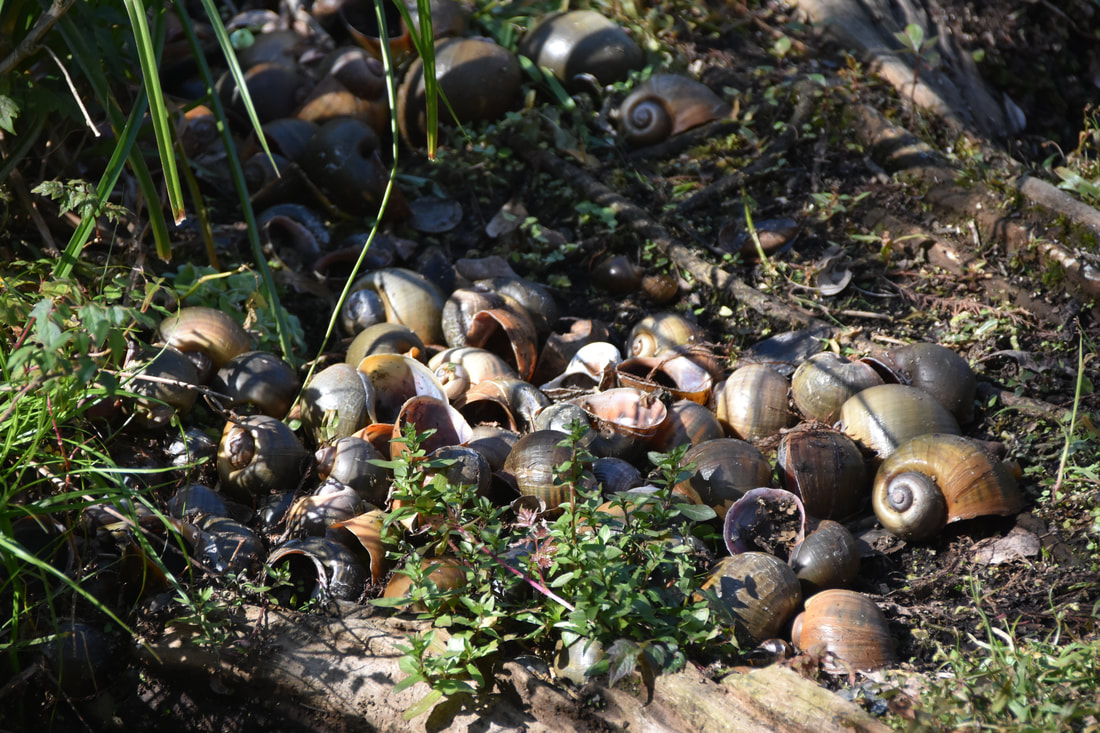|
It is becoming increasingly clear that diversity is crucial to the success of science. More diverse workplaces are more creative and more productive, and less susceptible to bias. As scientists invested in the progress of the scientific enterprise, I believe we need to endeavor to increase many components of diversity (e.g., racial, economic, gender) at all levels of science--from K-12 to full professors, invited speakers and reviewers. |
Strategies for increasing diversityOur lab employs several strategies to increase diversity in STEM:
-We recruit lab members through DiversifyEEB and by specifically requesting that underrepresented groups apply -In the classroom, we showcase the work of diverse scientists who have contributed to advances in the field -We visit and host visits from local schools that have large minority populations, and participate in outreach events targeting nontraditional audiences -We are part of 500 Women Scientists, an organization that pledges to increase diversity and inclusion in science and society. Conversations about diversity and inclusion need to happen in scientific settings. White, cis, male etc. folks need to actively lead these conversations. We have put together a list of resources for lab members to assess their implicit biases, privileges, and systemic racism/sexism. You are welcome to share those resources with your lab groups, and I would be grateful for suggestions of additional resources. |
I believe that it is crucial for scientists from traditional backgrounds to educate ourselves on the importance of diversity and the difficulties that underrepresented scientists face. In addition, we need to make sure we are giving a voice to these scientists. There are a lot of eloquent, brilliant people who write about these things and share their stories, or their science. Some can be found on Twitter (e.g., #WoCinSTEM, #BlackandSTEM) and they should be an integral part of our conference sessions, colloquium schedules, grant proposals, requested reviewers, etc. 500 Women Scientists has a platform called Request a Woman Scientist where we can specifically seek input of underrepresented scientists.
|
Here are some of my favorite resources...
Decolonizing Science, a reading list
https://tenureshewrote.wordpress.com and tenureshewrote.wordpress.com/2017/01/23/a-womans-place-is-on-the-syllabus/
Southern Poverty Law Center's Teaching Tolerance project
The 1619 Project curriculum
An honest look at what it means to truly decolonize your syllabus
Decolonizing Science, a reading list
https://tenureshewrote.wordpress.com and tenureshewrote.wordpress.com/2017/01/23/a-womans-place-is-on-the-syllabus/
Southern Poverty Law Center's Teaching Tolerance project
The 1619 Project curriculum
An honest look at what it means to truly decolonize your syllabus





